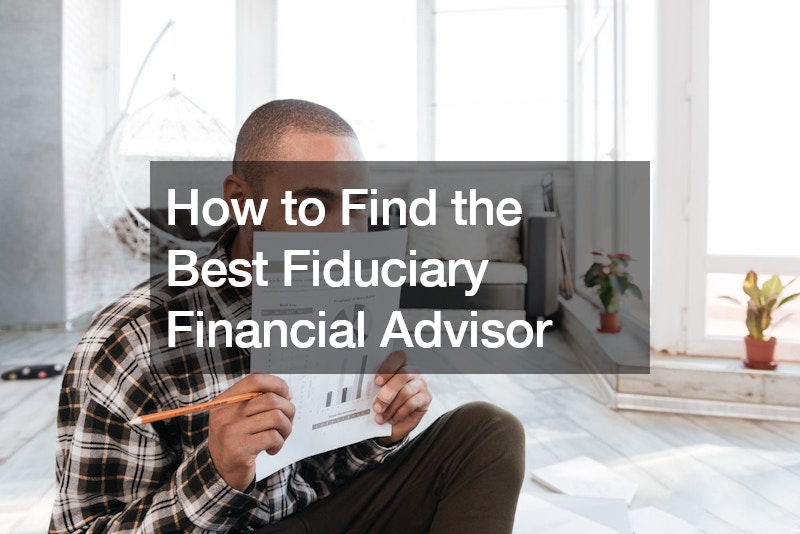
When it comes to managing your finances, selecting the right fiduciary financial advisor can make a significant difference. Fiduciary advisors are bound ethically and legally to act in your best interests, making them a trustworthy choice for financial guidance. Here are some key steps to help you find the best fiduciary financial advisor for your needs.
Understand the Fiduciary Standard
Firstly, it’s crucial to understand what a fiduciary is. A fiduciary financial advisor is obligated to put your interests ahead of their own.
They must disclose any conflicts of interest and are typically compensated through a fee-based model rather than commissions on products they sell. This model minimizes conflicts of interest and aligns the advisor’s incentives with your financial goals.
Determine Your Financial Needs
Before searching for a financial advisor, assess your financial situation and goals. Are you looking for help with retirement planning, estate planning, tax strategies, or investment management? Identifying your needs helps you find an advisor with the expertise in the specific areas that matter most to you.
Research Credentials and Experience
Look for advisors with reputable credentials such as Certified Financial Planner (CFP) or Chartered Financial Analyst (CFA). These certifications indicate that the advisor has undergone rigorous training and adheres to high ethical standards. Also, consider the advisor’s experience level and their track record with clients who have similar financial profiles and goals as yours.
Verify the Fiduciary Status
Not all financial advisors are fiduciaries. To verify an advisor’s fiduciary status, ask directly if they are a fiduciary and how they are compensated. You can also check their registration through the U.S. Securities and Exchange Commission (SEC) or the Financial Industry Regulatory Authority (FINRA) for more transparency.
Interview Potential Advisors
Once you have a shortlist of potential advisors, arrange meetings to discuss your financial goals, their approach to financial planning, and how they can help you achieve your objectives. This is also a good time to ask about their fee structure, services provided, and the typical client they serve. How they respond will give you insight into their professionalism and suitability for your needs.
Evaluate Their Communication Style
Effective communication is key in any advisory relationship. Pay attention to how the advisor communicates with you. Are they clear and understandable, or do they rely on jargon that might confuse you? The right advisor should ensure you feel comfortable and informed, not overwhelmed or in the dark.
Read Reviews and Get References
Finally, look for reviews and testimonials from other clients, especially those in similar financial situations as yours. If possible, ask for references from the advisor and speak to other clients to understand their experiences and the advisor’s performance.
Watch the video above to learn more!.




